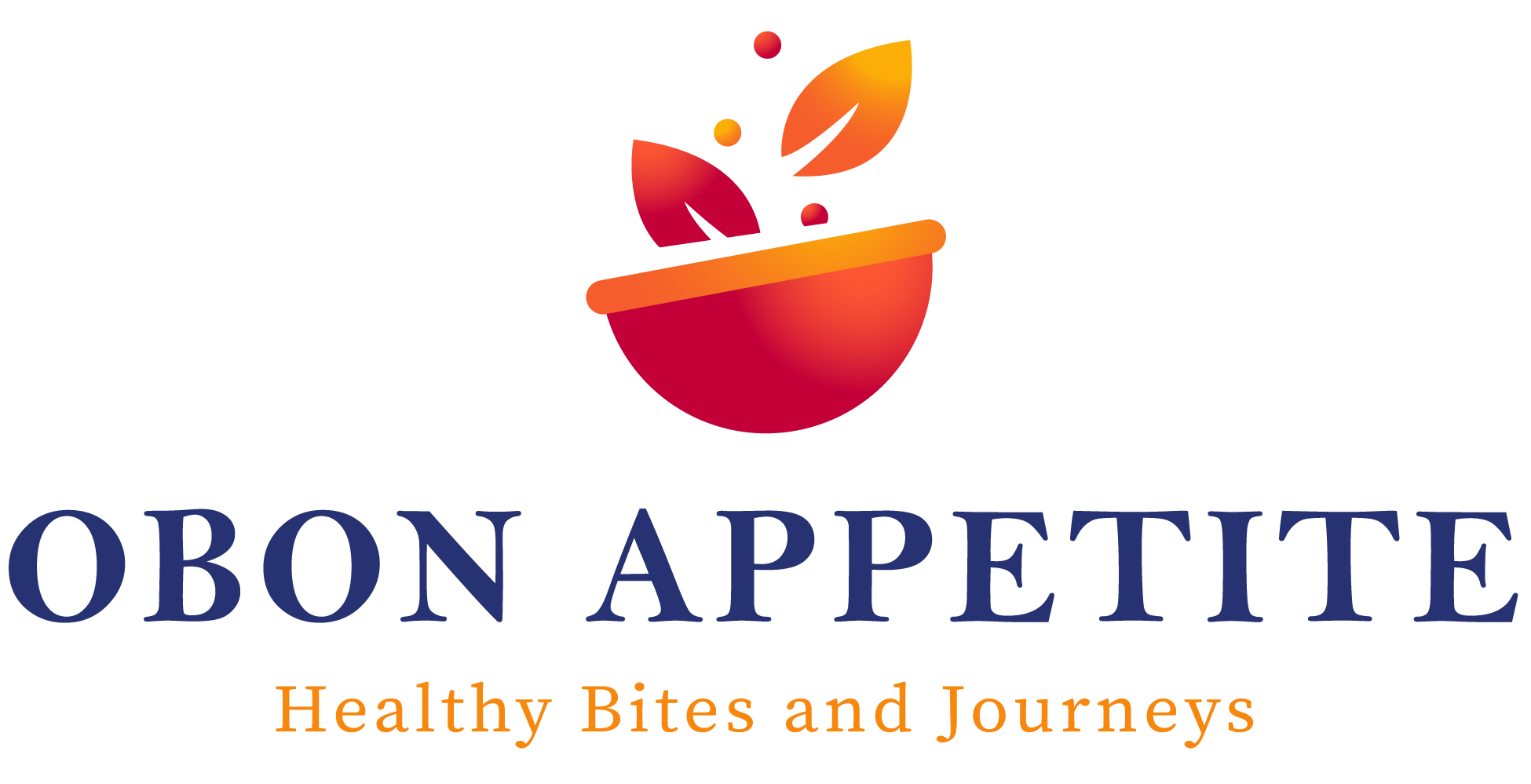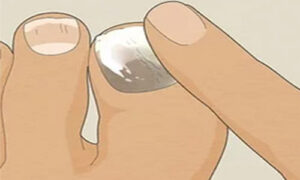Activities I Engage In For Relaxation
A good relaxation technique is essential for a healthy mind and body. You can achieve relaxation through bed rest, or you could use other techniques such as yoga to relax the muscles of your face so that they become smooth and soft. Other relaxation methods are breathing exercises, meditation, and massage therapy, which also help in removing pain from joints by massaging them gently with oiled hands while meditating on different sounds, like waves crashing on the shoreline or nature’s calls, etc.
You can do relaxation techniques anywhere, including on the subway or in your car. If you’re not sure what relaxation technique to try, read through this list and pick one that appeals to you most: deep breathing (belly breathing), visualization, meditation (sometimes called mindfulness meditations), yoga, and qigong exercises like tai chi chuan and qigong; physical exercise such as walking slowly or swimming slowly; chewing gum while doing some other activity such as reading a book.
Let us explore some ways to make relaxation a part of your way of life:
1. Deep Breath
When breathing, deep breathing is the most effective way of relaxing both your mind and body. When you breathe shallowly instead of deeply in your chest area, this results in a disconnection between anxiety and relaxation. This happens because when you breathe deeply, your other senses are also activated, which helps us relax more effectively, while deeper breathing activates all your emotions as well: fear, sadness, anger, etc. Hence, practicing deep breathing regularly will help reduce the stress itself, therefore helping you.
2. Progressive muscle relaxation
A progressive muscle relaxation technique is an exercise that involves the relaxation of muscles through repeated contraction and relaxation. Progressive muscle relaxations are characterized by repeating the same muscle group (or groups) in a series of rapid cycles. It’s helpful for people to learn progressive muscle relaxation because it increases their awareness of how they feel during stress and anxiety due to its benefits on physiologic processes like heart rate variability and emotional responses. Neuropathy quick test: Can you stand on one leg and do this? There are 5 simple ways to support a neutral-free life.
3. Journaling
You may not always feel like you can share with someone all of the feelings you are feeling. This may include cravings, worries, or even successes, so write them down! Get them out; do not keep them bottled up inside of you. Tracking goals and sub-goals, managing tasks, building habits, keeping a goal journal, visualizing your goals with a vision board, and keeping your goals organized and motivating you to make progress daily
4. Listening to calming music
Pick a soundtrack that soothes you, and make sure it is easily accessible when you need it. No hard rock; pick something calming and relaxing—think piano. Maybe you need to listen to it on your drive home from work to come down from the emotions of the day. Maybe you listen to relaxing music while getting ready in the morning as a way to start your day or relaxing sleep music during bedtime. Whenever you need it most, make sure it is ready to go.
Tips: Best Tinnitus, hearing loss, and memory product.
5. Creating a routine
Routines help keep you from either overplanning or underplanning. Overplanning can result in stress. Underplanning can result in boredom. Both are relapse triggers for which to be cautious. Routines and structure are also important to help you reach your daily and life goals. It also promotes healthy blood sugar levels, Diabetes, etc. safe and effective weight loss [for men and women over 55 struggling to lose weight], and better sleep. Follow the weekly or monthly food recipe chart in your daily routine.
6. Exercise regularity project zombified
Exercise is a proven way to reduce stress and anxiety. Take it outside when you can too; that added sunshine is a double win. Exercise releases endorphins and can even help you get into a better sleep pattern.
7. laughing emoji
Humans produce endorphins when they laugh. Endorphins are chemicals in the brain that help regulate pain and emotions; thus, endorphins also make you happy. Laughter is very important for a healthy lifestyle; it helps reduce anxiety and stress levels by relieving tension from within. Try a luxury gift here, the ultimate gesture of love and luxury.
Related topics: The top 10 health benefits of honey.
Health Tips: Discover a method to support Healthy Blood Sugar Levels








She closed the door, locked it, and put the key carefully in the pocket of her dress. And so, with Toto trotting along soberly behind her, she started on her journey.